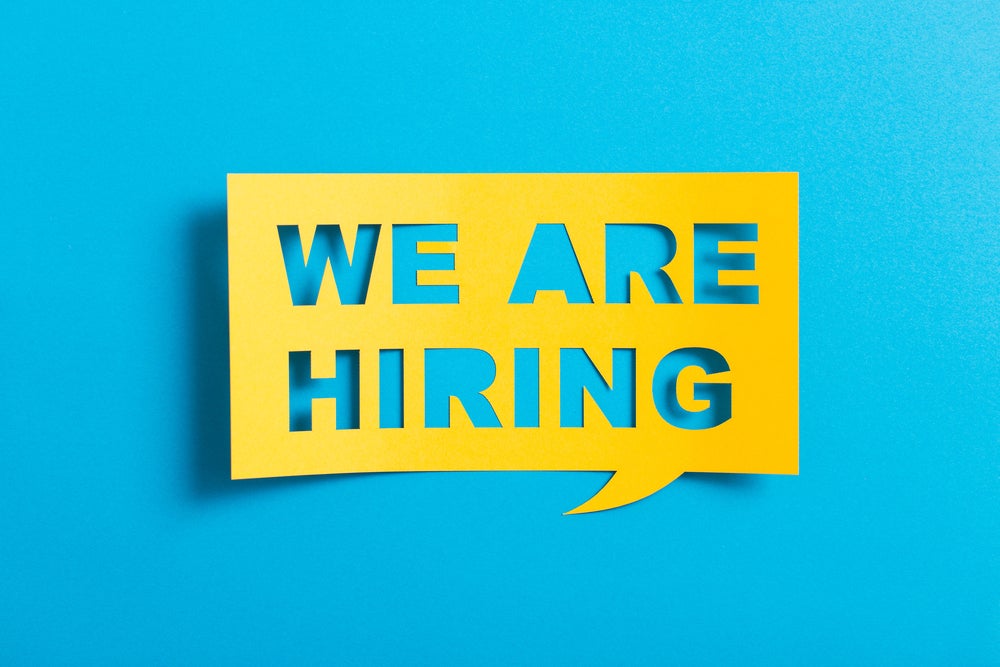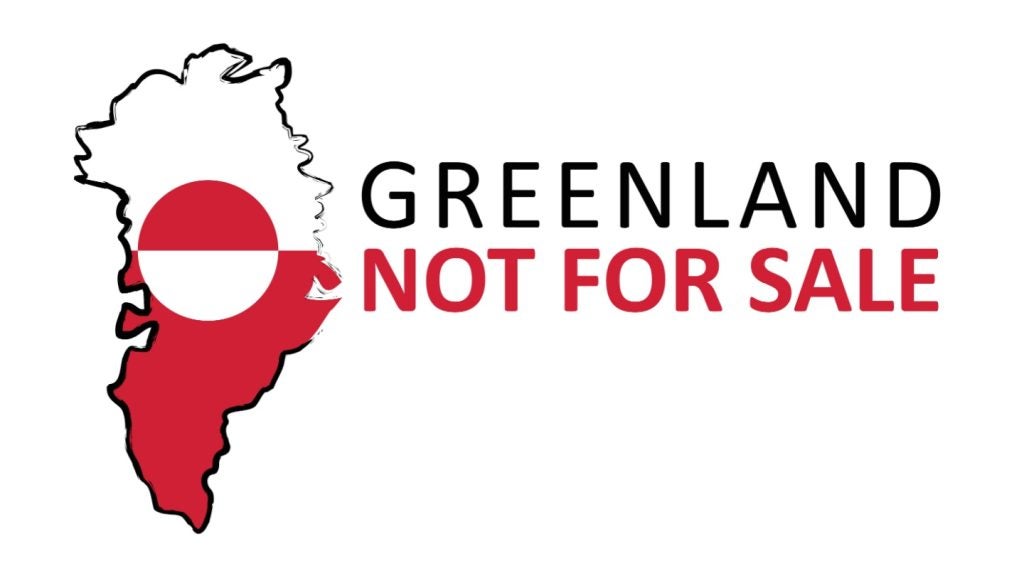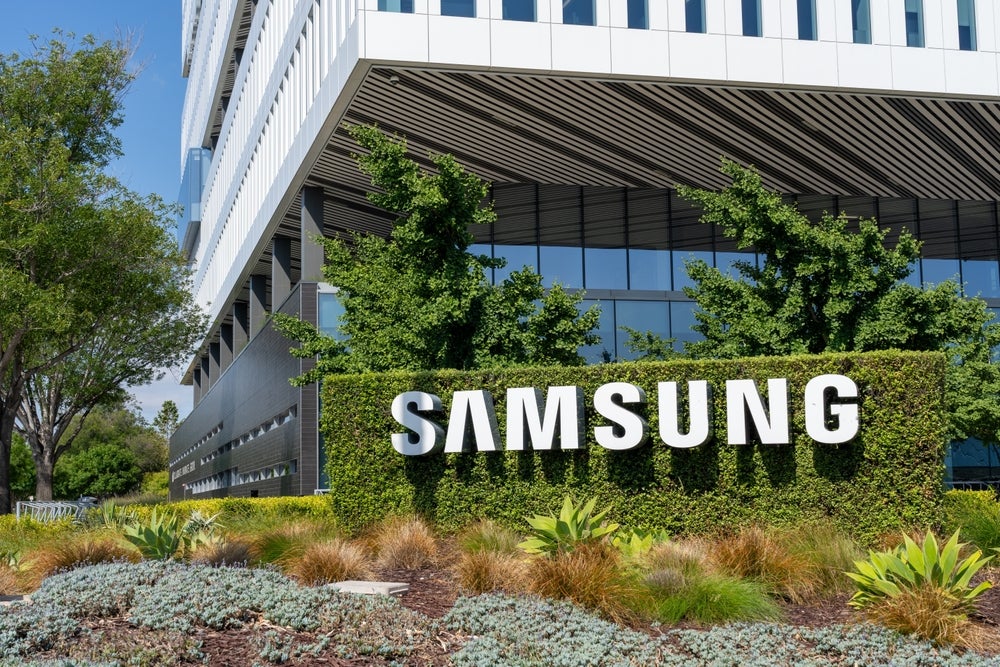Open banking has been revolutionizing the financial services industry by giving consumers the choice to share their account and transaction data with regulated third parties, leveling the playing field in the market. This has had great benefits for consumers, one of which has been the use of buy now pay later (BNPL) options.
Open banking has been a strategy widely adopted by financial services regulators to promote competition and innovation in banking, a largely saturated market. The sharing of banking data is typically done through APIs, which allows an IT system (such as one belonging to a bank) to transmit data to another IT system (such as one belonging to a fintech provider).
The rise of open banking
As the Covid-19 pandemic accelerated digitalization and the need for remote services across various industries, open banking has made it more convenient for data to be moved across different institutions, increasing transparency in banking services. This is also an important step in shifting the ownership of customer data from banks to the customer, giving them greater control to manage their financial choices.
Mastercard’s report, ‘The rise of open banking’, found that 80% of North Americans engage in open banking by linking their accounts. In Europe, the UK has been leading in open banking implementation, with the highest number of open banking licenses issued to payment initiation service providers (PISPs), which enable users to withdraw money directly from their accounts, and account information service providers (AISPs), which let users aggregate all their payment account information from different bank accounts in one place.
The use of open banking for BNPL
Open banking has been a game changer for BNPL as it reduces the need for oversight and lenders are given access to the necessary data to verify the financial status of users before approving purchases.
Online retailers have increasingly made use of the payment initiation service provisions of open banking, which increase security when shopping online. It is seen as a more effective way to determine affordability, as opposed to traditional consumer protection legislation, and offers greater predictability and transparency around decisions.
How well do you really know your competitors?
Access the most comprehensive Company Profiles on the market, powered by GlobalData. Save hours of research. Gain competitive edge.

Thank you!
Your download email will arrive shortly
Not ready to buy yet? Download a free sample
We are confident about the unique quality of our Company Profiles. However, we want you to make the most beneficial decision for your business, so we offer a free sample that you can download by submitting the below form
By GlobalDataThe rise in online shopping during the pandemic, and the financial strain of the Christmas season, further accelerated the use of BNPL services. In 2020, monthly active users of Klarna’s app, one of the biggest BNPL players, increased 1.6 times, and the volume of consumer loans grew by over 40%, according to GlobalData’s thematic report on Open Banking.
The dangers surrounding BNPL
While the openness of data ownership in the banking industry has transformed how consumers are able to manage their accounts and payments in positive ways, it also presents significant dangers.
“BNPL is convenient for consumers and lucrative for retailers, reducing cart abandonment. However, more transparency around BNPL services is urgently needed to ensure consumers understand that they are accruing debt through BNPL, which can negatively affect their credit scores” comments Amrit Dhami, Associate Analyst at GlobalData.
In the face of rising concerns regarding the rapid growth of BNPL in 2021, regulators will have to pay more attention. In the UK, the Financial Conduct Authority (FCA) has already been recommending rigorous affordability checks before consumers can use such services, and clearer regulation in this area will also improve the reputation of open banking services.









Related Company Profiles
Mastercard Inc